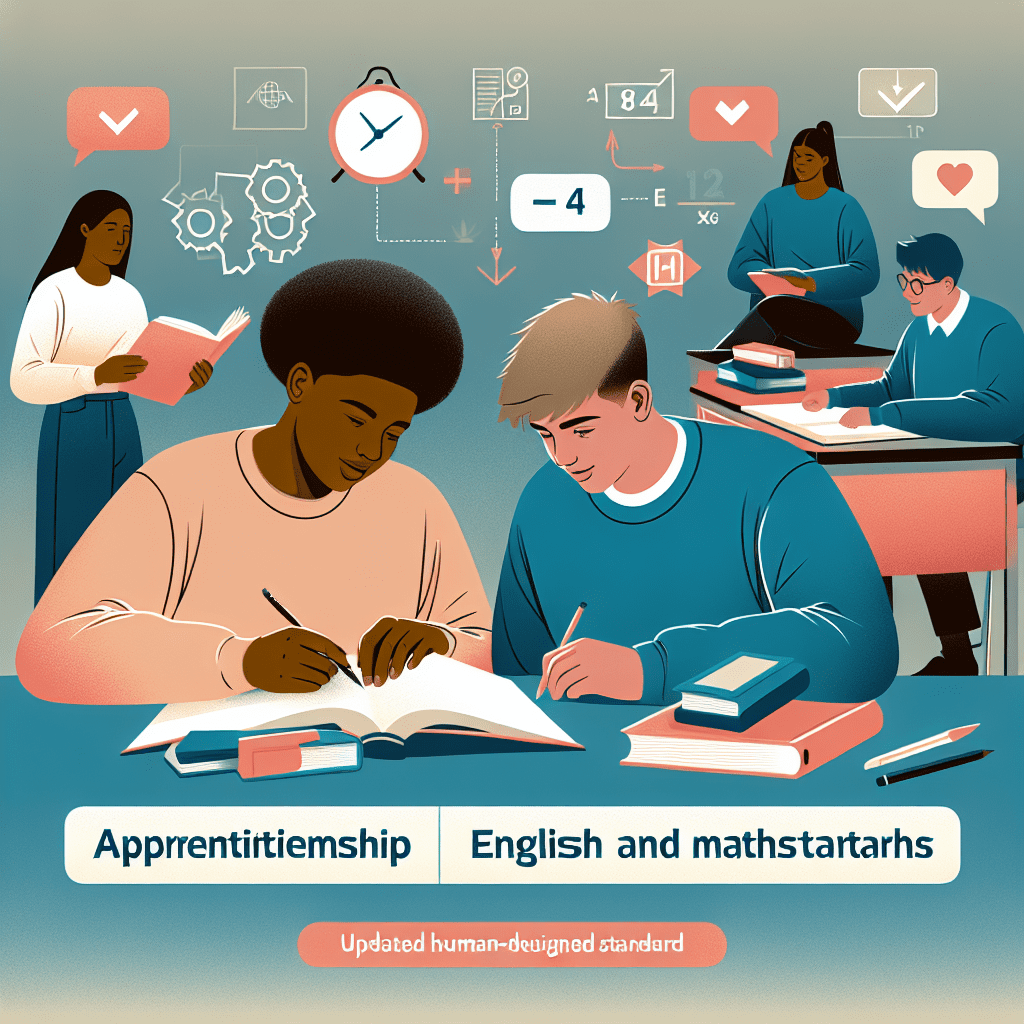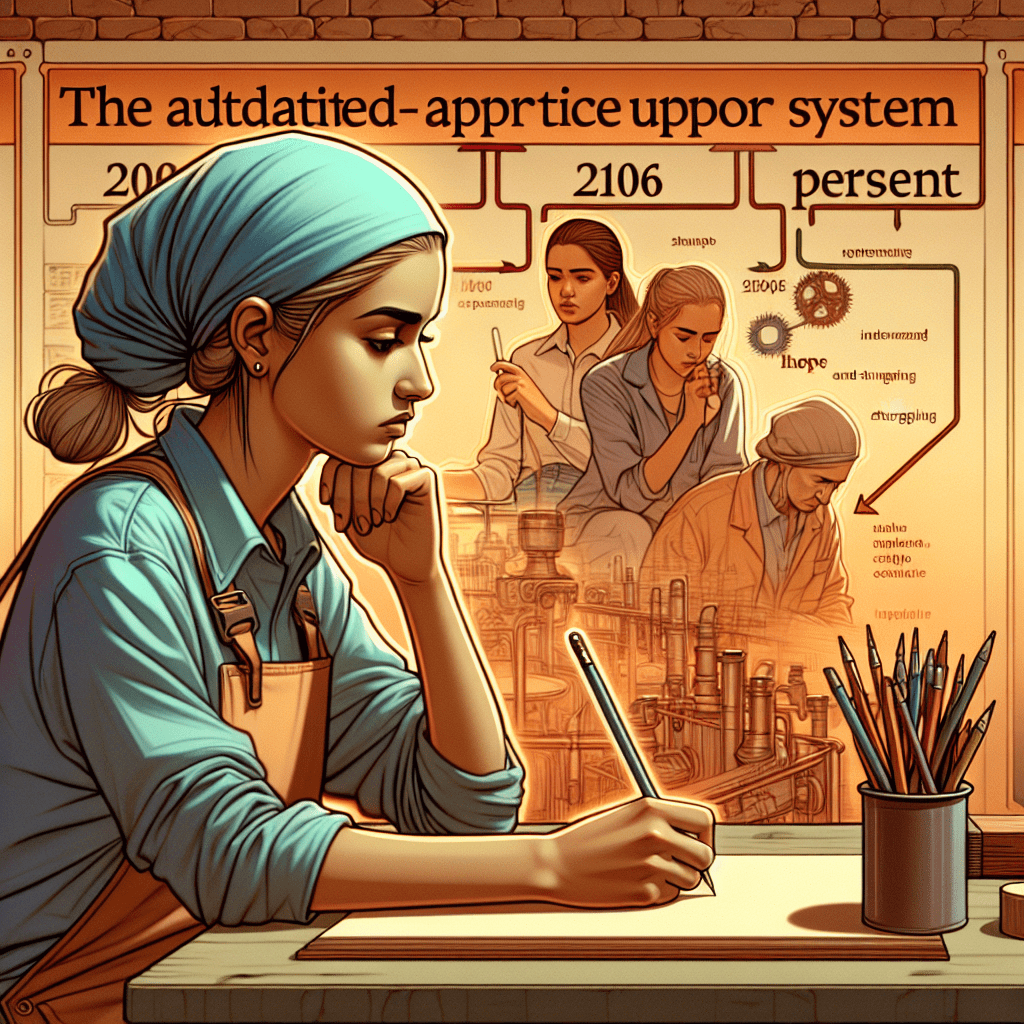
Empowering Apprenticeships: The Importance of Clear Standards

Apprenticeship Success Hinges on Clear Standards
Let’s get straight to it. If we want to see apprenticeships thrive in the UK, the first place we should look is the standards. The recent revamp of the English and maths requirements by the Department for Education is a significant step in the right direction. But before we start toasting to progress, let’s chew over why this matters.
What’s New in the Requirements?
Gone are the cumbersome spreadsheets that seemed to be on life support since October 2022. The updated format is a breath of fresh air. It neatly separates English and maths qualifications while impressively covering all apprenticeship levels—not just the usual levels 2 and 3. This means a broader range of apprentices can meet the criteria more transparently.
But let’s keep it real—everyone’s going to need a moment to adjust. My team at City Skills is no different. Adapting to new systems, even when they are good, often involves a bit of a learning curve. So, you might say it’s a mixed bag of excitement and trepidation.
Why Consistency Matters
Now, why does this all matter? Here’s the kicker: apprentices come with a kaleidoscope of maths and English qualifications. Some may have credentials that don’t neatly fit into the prescribed boxes. This inconsistency can create confusion, slowing down the apprentices’ progress and making life unnecessarily complicated for everyone involved.
If we have a clear and consistent set of requirements, we pave a smoother road for these talented individuals to succeed. It allows for a standard that is fair and easy to understand. And let’s face it—who doesn’t want smoother sailing?
Adapting to Change
Here’s a little personal insight. I remember a time when my team had to adapt to a major shift in how we assessed apprentices. It felt like we were trying to teach an old dog new tricks, and trust me, it wasn’t pretty at first. But once we got the hang of it, everything fell into place. The clarity the new standards brought revolutionised our approach and improved the experience for everyone involved.
It’s similar with the current updates. Yes, it will take time, but with a focused effort, we can transform this into an opportunity rather than an obstacle.
What Next for Apprenticeships?
So, what should apprentices, employers, and educators do next? Firstly, stay engaged with the new guidelines and ensure your understanding is up-to-date. Talk about it at the water cooler, share insights on social media—whatever it takes to keep the conversation alive.
Also, don’t shy away from seeking support. The more we collaborate and help each other navigate these changes, the better equipped everyone will be to flourish under the new standards.
Finally, let’s not lose sight of what truly matters—empowering the next generation of talent. Clear standards can lead to better training, fewer headaches, and ultimately, more successful apprentices.
Let’s Wrap It Up
As someone who’s navigated the bumps along the apprenticeship road, I can assure you that we’re all in this together. The new English and maths requirements are a bright step forward, but it’s up to us to make the most of them. We need to embrace these updates and use them as a springboard for success.
What do you think about these changes? Do you believe they’ll simplify the apprenticeship process for everyone? I’d love to hear your thoughts. Let’s keep the conversation going—after all, our success hinges on clear standards and open dialogue.
Stay connected and share this with your network to ensure we’re all on the same page!
#Apprenticeships #Education #CitySkills




